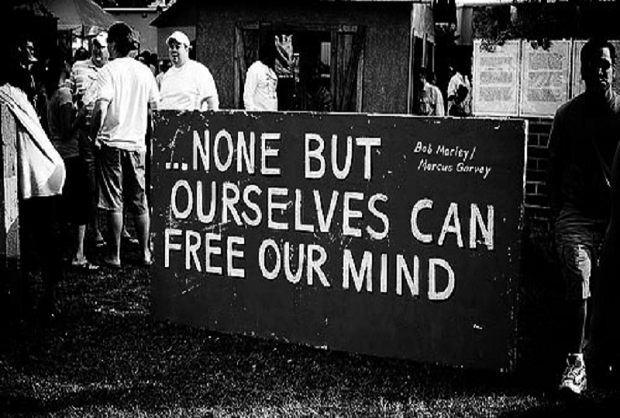While working with a group of bank executives in Johannesburg recently on the now ubiquitous topic of leading change in dynamic institutions, Sihle Shabalala was brought in as the keynote speaker. Sihle is a former member of one of South Africa’s notorious criminal gangs the 26s. He got into the criminal life early, and in his own words lived the life of luxury with cars, apartments and good times. Criminal life is a business enterprise like any other, he told us. He explained criminal risk analysis 101: “When you put a grills on your window, all I have to do is figure out how long it will take to cut them,” he mused. “I viewed that as a hurdle which simply required innovation to overcome. So if you decide to enhance your security by signing up for an armed patrol, I would research by observing how often the patrol van would cruise near the home during its patrol rounds and how many minutes it would take for the van to respond to an alarm. If it takes five minutes to respond, then I knew I only had four minutes to accomplish my task.”
Now you must understand how incongruous the scene was. Sihle standing up front at a luxurious hotel, with a head set microphone, dressed in a slim fitting navy blue designer suit, with a tan leather belt accentuated by matching tan leather shoes and casually talking about the thought process behind breaking into a robbery target. Having started early at the age of 19, he gradually innovated his model into business robberies and cash-in-transit heists: higher risks yielded higher returns. On the proverbial fortieth day of his criminal cycle, he was arrested and sentenced to serve eleven years at a maximum security prison.
“It was nicknamed Afghanistan,” he chuckled, “because no one wanted to serve there, even the prison guards.” But incarceration could not kill his entrepreneurial spirit so he became a key supplier of marijuana within a maximum security geographical market and he was therefore flush with currency. Incarceration also gave him a lot of time to read and think and a quote from a book triggered a process of blue sky thinking: “If you’re looking for a miracle in life and can’t find it, then be that miracle for others.”
There’s not enough space in this column to cover all that he said, but when he was released on parole in 2013, he gathered funds from relatives and bought himself a second hand laptop. The only place with free wifi was the central business district of Johannesburg, so he went and sat in a corner to download self-teaching materials on software coding. He taught himself three coding languages in six weeks and set up a business called Quirky Innovations. He now runs a program in South African prisons in the Western Cape teaching male and female prisoners how to code, and told us that he is a brand ambassador for consumer brands such as Red Bull, Levi Strauss clothing and has been a model for Samsung products in South Africa. He is also a sought after speaker globally including being a TEDx speaker. “People have told me, ehh Sihle, a criminal cannot get a visa. But what is that? I have given talks in Singapore, Sao Paulo in Brazil, Dubai and tonight I’m going to Paris!” The audience were blown away. Here was an entrepreneur who spoke about operational risk assessment, managing cash flows, supply chain management and, most importantly, innovation being the pivot for the success of a business enterprise. While Sihle had used all these parameters in criminal enterprise he had consciously made a change to use the same skills in growing his personal dream to change the lives of poor kids in the townships and prisoners. “I teach the kids to think in 3D,” he said before turning to a flip chart to write “Dream Different Dreams” in large letters. The biggest challenge Sihle left the audience with was that driving change in any way – personal or business – was an individual, mental decision. What drove him to change was an awakening that he now uses as his personal rallying call: “I can be incarcerated physically, but my mental revolution is not.”
I walked away from that session with strains of Bob Marley’s Redemption Song playing in my mind: “Emancipate yourselves from mental slavery, none but ourselves can free our minds.”
Twitter: @carolmusyoka

 carolmusyoka consultancy
carolmusyoka consultancy
 @carolmusyoka
@carolmusyoka

